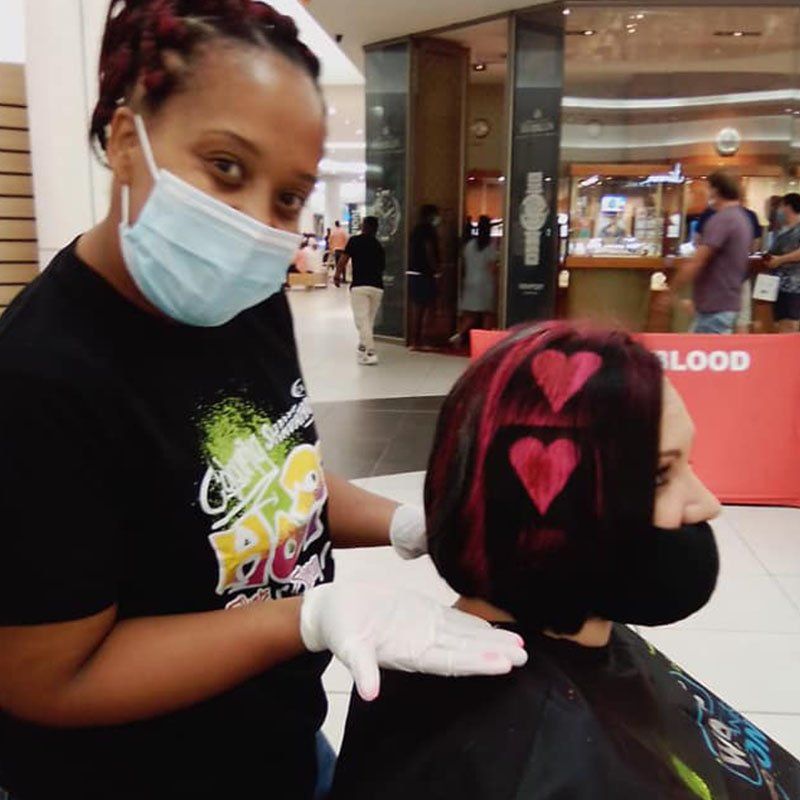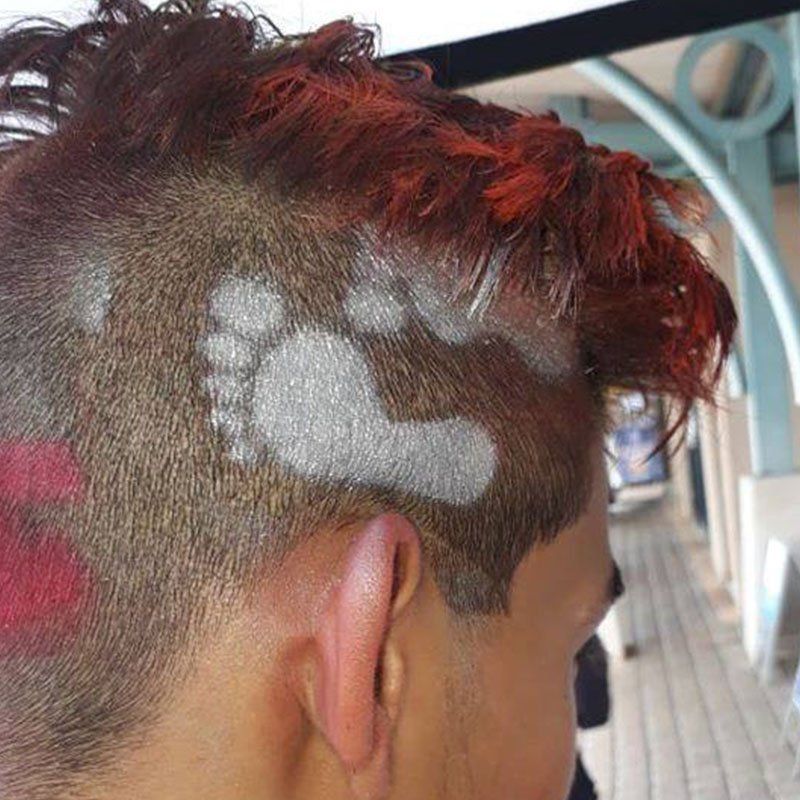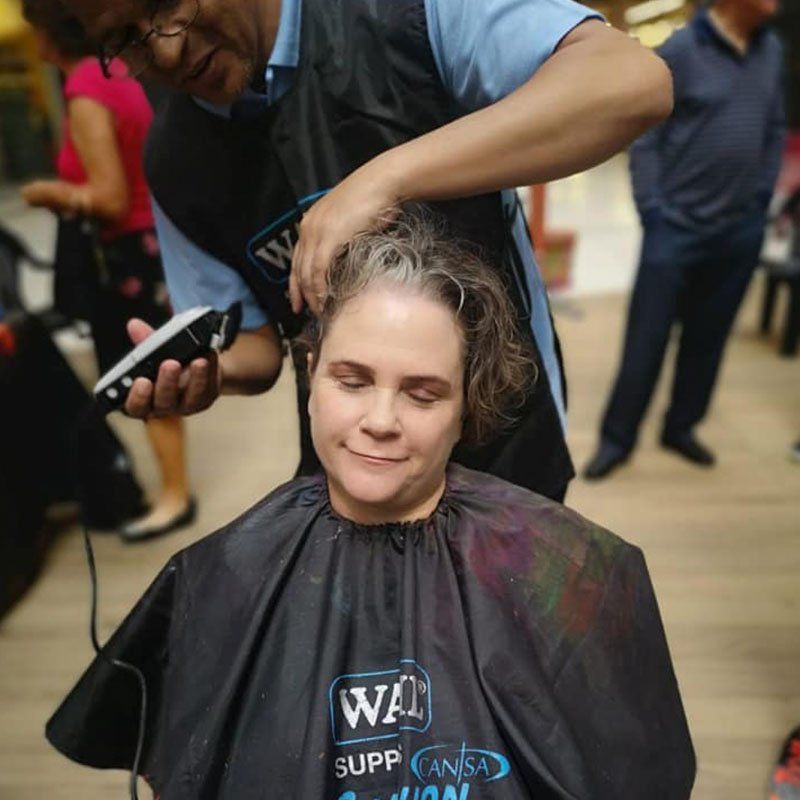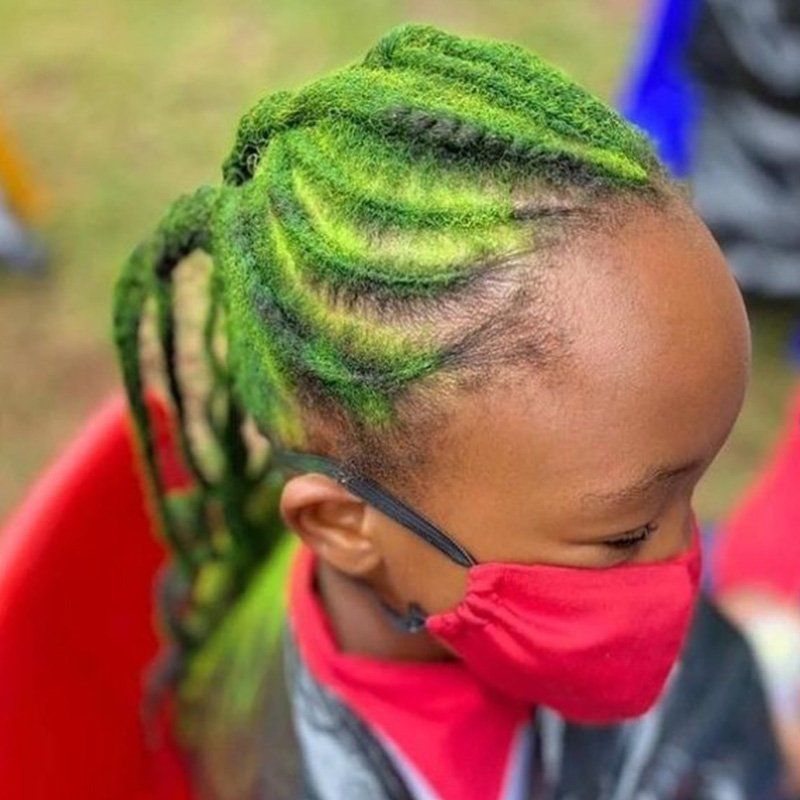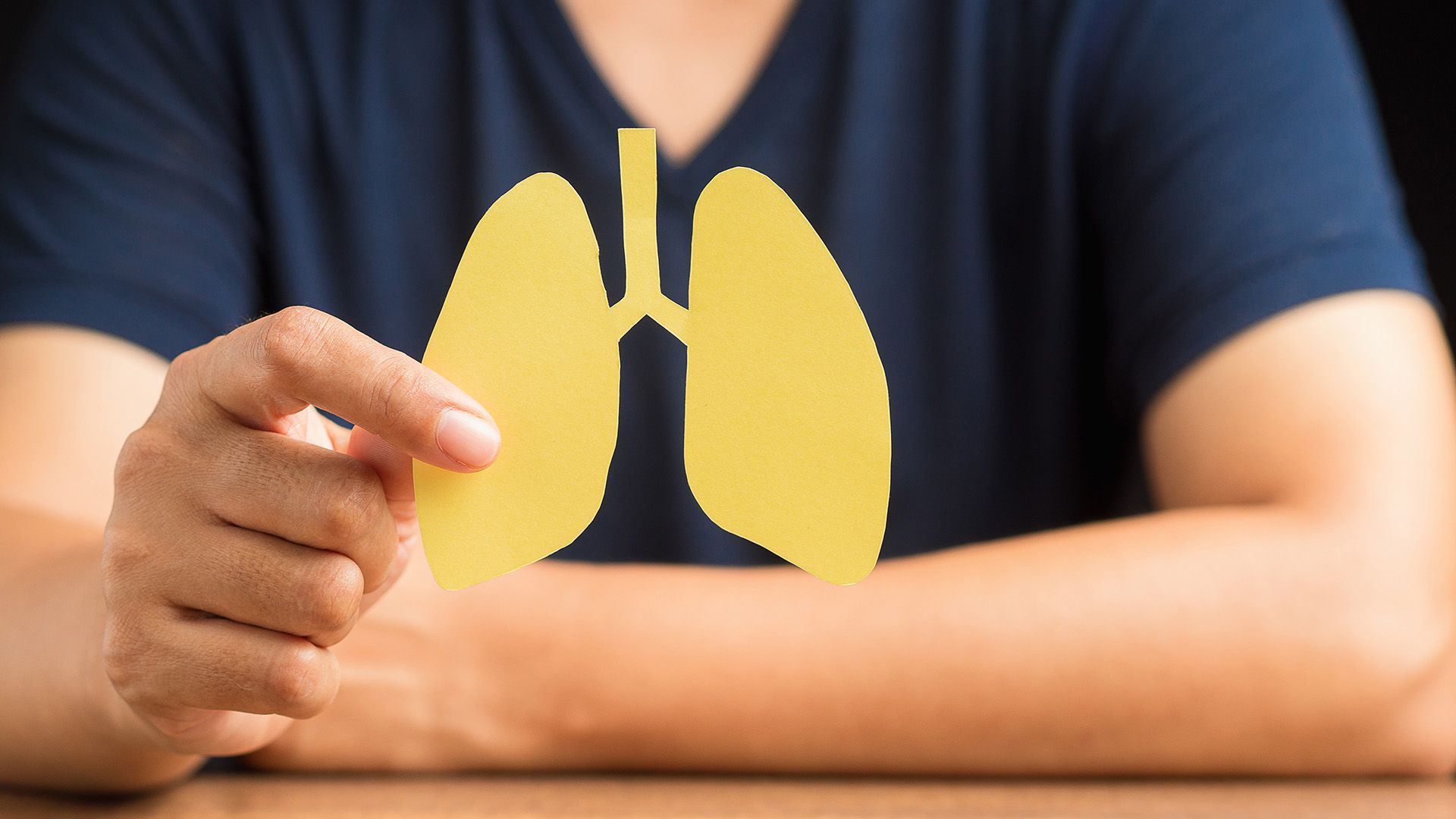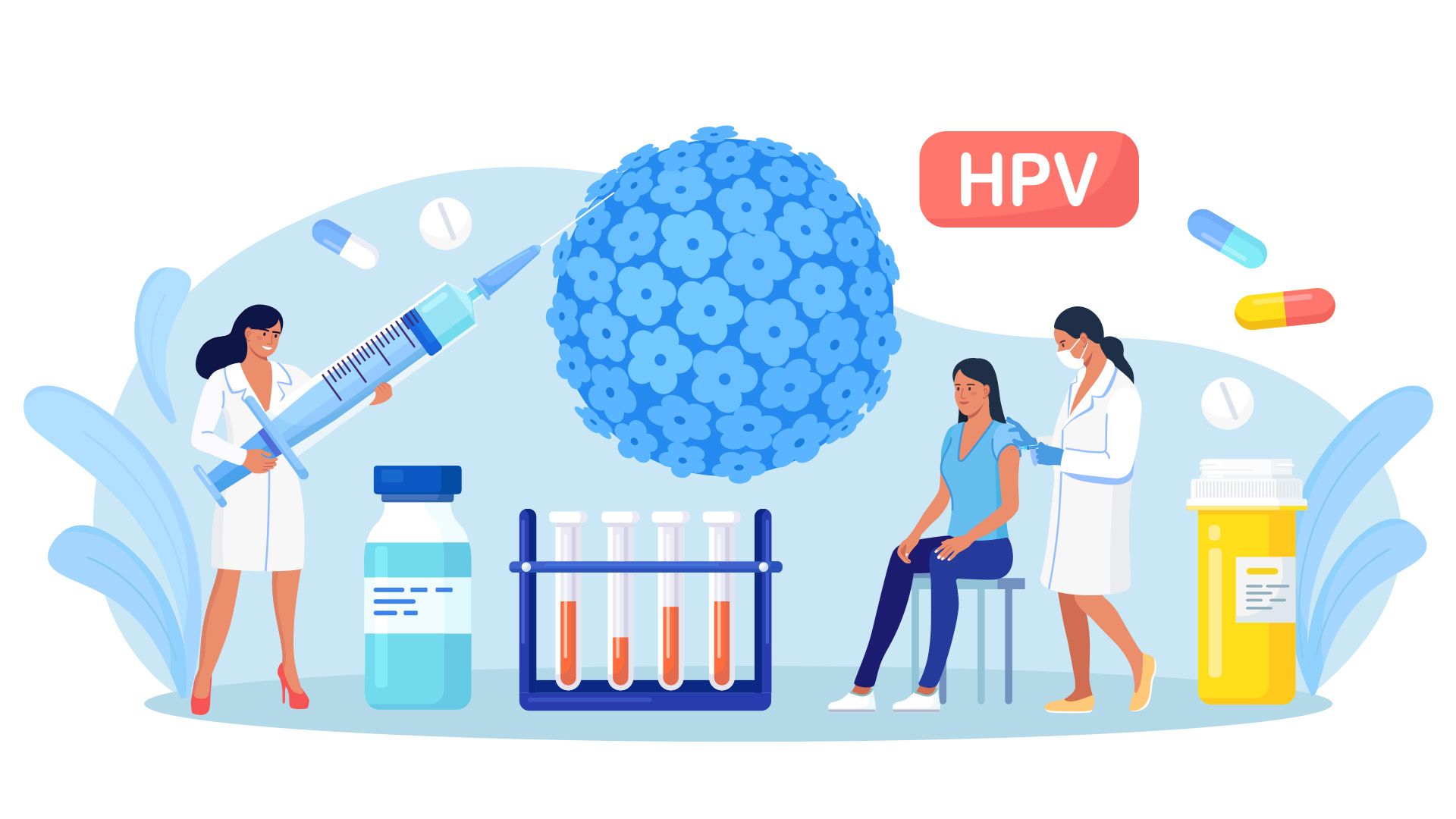Be Uniquely You and Colourful at CANSA Shavathon
The Cancer Association of South Africa (CANSA) is hosting its annual CANSA Shavathon fundraising event at shopping centres across the country on Saturday, 26 February 2022. CANSA invites everyone to come and celebrate by bringing family members, friends or colleagues to shave or spray in solidarity with those facing a cancer diagnosis. Certain venues may also host an event on Sunday, 27 February 2022. All venues will follow COVID-19 safety regulations.
Maria Scholtz, CANSA’s Head Sustainability, says “We’re so excited to launch our ‘Be Uniquely You – Be Colourful’ campaign. To shave or spray in a multitude of colours, costs only R50 per adult and R25 for children under 12 years. We know times are tough, and we’ve kept the price the same since Shavathon started. Many South Africans take part on behalf of a loved one who is living with cancer or who has been lost to cancer. Volunteers and staff are delighted to be able to host events and are ready.”
All funds raised go directly towards providing CANSA’s care and support service to cancer patients and loved ones. Stencils are again available to add flair when spraying hair and donations of hair can be made towards making a wig for cancer survivors. The spray is safe to use, being made of vegetable dye and comes out after one wash. A limited-edition badge of honour will be given to those who make hair donations of 25 cm or longer and limited edition CANSA Headwear will be sold for R50 per item (while stock lasts).
Host an Event
Anyone can host a Shavathon event, it’s not limited to workplaces, organisations or schools. Those wishing to host their own event to raise funds for CANSA, will be hosting events from 28th February to 4 March 2022. To host an event, please register and order Shavathon products through the CANSA Online Shop.
Raise Funds Online
Participants are also invited to open an online fundraising page before participating in a Shavathon event and to invite their contacts to support the action they will take on behalf of cancer Survivors on the day, whether they shave, or spray, by making an online donation to the participant’s fundraising page.
Scholtz adds, “Be sure to share your online fundraising efforts on your social media platforms using the hashtag #CANSAShavathon in the weeks leading up to your participation. We’re really thrilled to bring the public another opportunity to honour cancer survivors and raise vital funds for our care and support programmes. If you can’t make it, don’t forget that you can pay a ‘Bail Out Fee’ online.”
Find out more on
Shavathon FAQ’s (find out all you need to know about this popular event) and
Participating Shopping Centres (events will be added here weekly leading up to Shavathon).


